Auf dieser Seite finden Sie eine alphabetische Übersicht aller derzeit laufender Digital Humanities Projekte an der Ruhr-Universität Bochum.
Bitte beachten Sie, dass die derzeitige Liste unvollständig ist. Wir fügen aber stetig neue Projekte hinzu.
Avicenna Live: The Immediate Context of Avicenna’s Intellectual Formation (ALIVE)
Laufzeit: 2024-2028
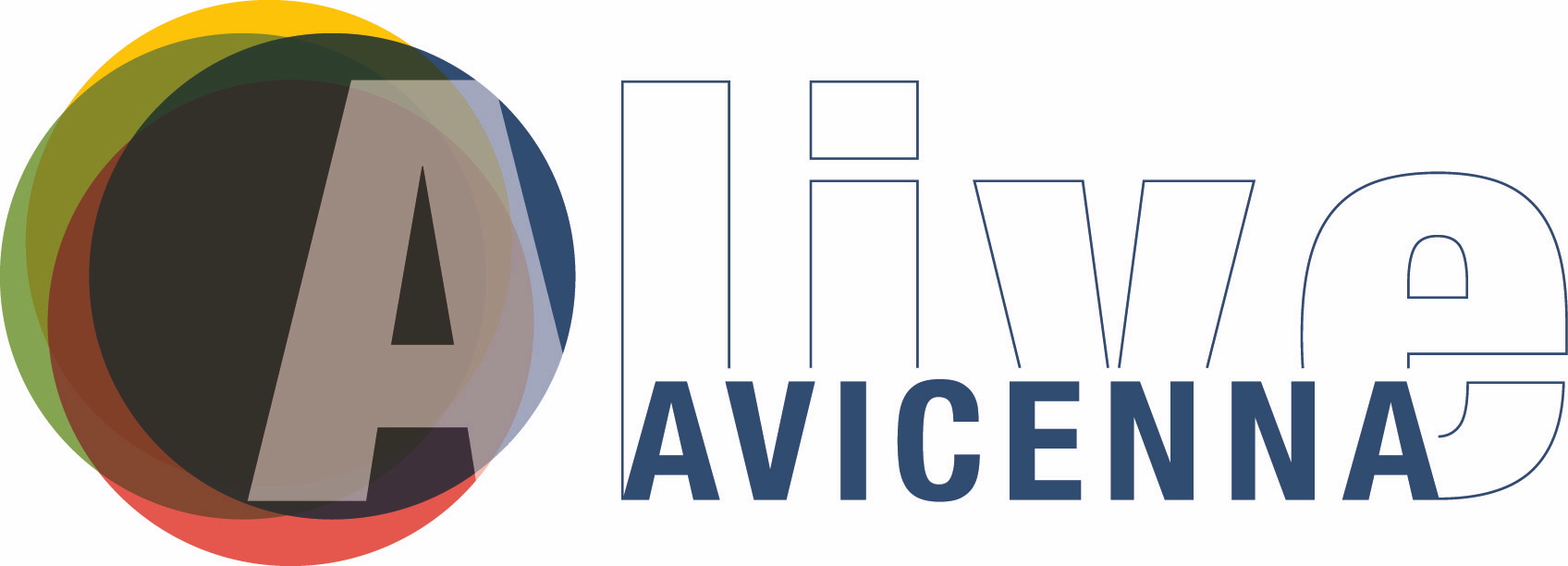
Keywords
Digitale Editionen, Daten, Arabistik, Philosophiegeschichte, Übersetzung, Wörterbuch, XML, Computer-unterstützte Philologie
Mitarbeitende
Prof. Dr. Andreas Lammer, Andreas Schneider
Beschreibung
ALIVE untersucht eine einzigartige Sammlung wesentlicher, bisher jedoch überraschend stark vernachlässigter Quellentexte aus dem unmittelbaren Umfeld des muslimischen Universalgelehrten Avicenna (Ibn Sīnā, gest. 428/1037). Eines der Unterprojekte (ALIVE3) untersucht dabei eine besonders anspruchsvolle Sammlung an „Diskussionen“ (arab. mubāḥaṯāt), zwischen Avicenna und seinen Schülern. Dieser Text wird in einer eigenen Website präsentiert und lexikographisch aufbereitet, sodass eine gemeinschaftliche Übersetzung des Textes durch eine internationale Community möglich wird. Außerdem können verschiedene historische Rezensionen des Textes über eine dynamische Ansicht analysiert werden.
Kontakt
andreas.lammer@rub.de
DiGA – Digitization of Gandharan Artefacts
Laufzeit: 2021–2024
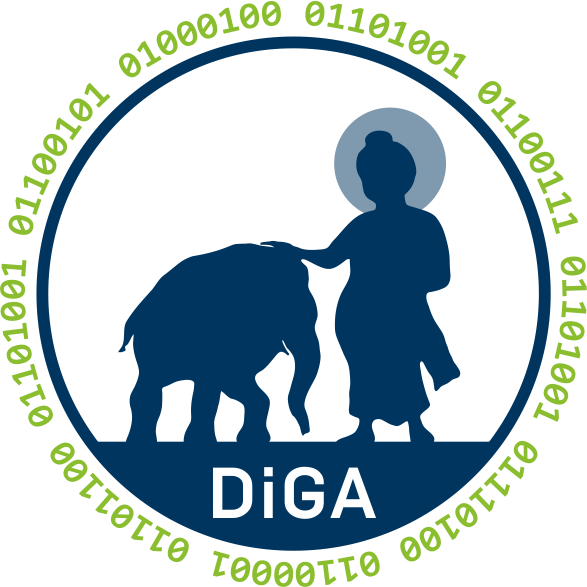
Keywords
Daten, Images, Linked Open Data, Cultural Heritage, Buddhism, South Asia
Mitarbeitende
Prof. Dr. Frederik Elwert
Prof. Dr. Jessie Pons
Beschreibung
DiGA, kurz für „Digitalisierung Gandharischer Artefakte: Ein Projekt zur Bewahrung und Erforschung der buddhistischen Kunst Pakistans“, ist ein Projekt, das darauf abzielt, einen Korpus von knapp 2.000 buddhistischen Skulpturen aus der alten Region Gandhara zu digitalisieren und zu katalogisieren.
Kontakt
diga-project@rub.de
Website
Hanmun Lab: Center for the Digital Study of Pre-modern Korean Writing Systems and Texts
Laufzeit: 2023-2029
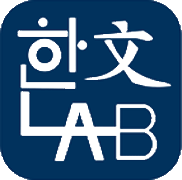
Keywords
Korpuslinguistik, Digitale Lehre, Computer-unterstützte Philologie
Mitarbeitende
Prof. Dr. Marion Eggert | Prof. Dr. Jörg Plassen
Weitere Mitarbeitende
Prof. Dr. Felix Siegmund, Sunghye Hwang, M.A.
Beschreibung
Established with the generous support of VolkswagenStiftung, the Hanmun Lab aims to boost the study of pre-modern Korean written languages and texts by producing teaching materials, direct teaching efforts, and methodological innovations in digital philology.
Our project-related work during the funding period focuses on:
1. Development of innovative classroom and online courses for both accompanied and autonomous study of the relevant language varieties, hanmun and Middle Korean.
2. Computer-assisted philological research that will contribute to the methodologies of digitally assisted text re-use and authorship/text group analyses in the field of East Asian Buddhism.
hanmun-lab@ruhr-uni-bochum.de
SFB 1475 – Metaphern der Religion
Laufzeit: 2022–2025
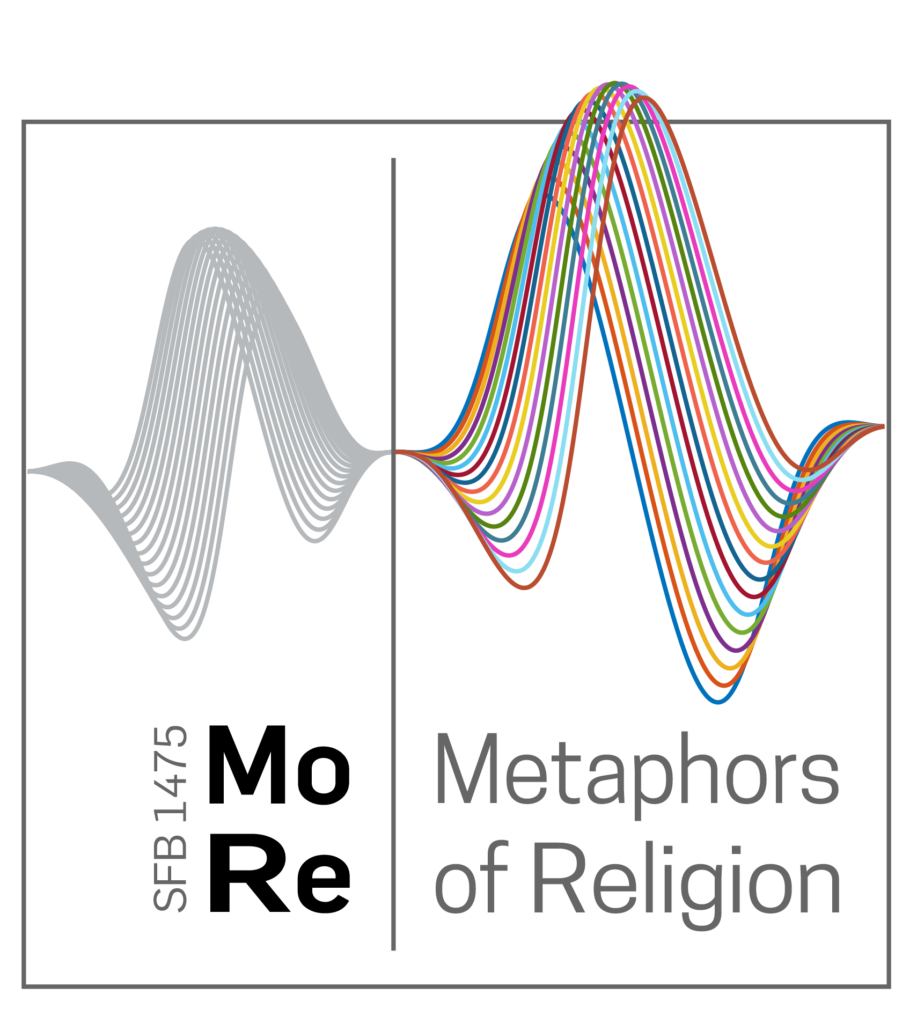
Keywords
Daten, Korpuslinguistik, Linked Open Data, Annotation
Mitarbeitende
Prof. Dr. Volkhard Krech
Prof. Dr. Stefanie Dipper
Beschreibung
Religiöse Sinnbildung vollzieht sich in und durch Metaphern. In Metaphern wird Sinn von einer semantischen Domäne in eine andere übertragen. Religion, die ihren ultimativen Gegenstand (das Transzendente) niemals wörtlich artikulieren kann, ist auf dieses Verfahren angewiesen. Der SFB 1475 will diesen Vorgang theoretisch genauer verstehen und methodisch erfassen, um die semantischen Ausformungen von Religion empirisch und komparativ erforschen zu können. Hierzu nutzt der SFB eine zentrale digitale Infrastruktur zur sprachübergreifenden Annotation und Analyse von Metaphern und entwickelt computergestützte Verfahren, die die Forschung in den Teilprojekten sowie die komparative Zusammenarbeit unterstützen.
Kontakt
sfb1475-coordination@rub.de
Website
Middle Persian Corpus and Dictionary (MPCD)
Laufzeit: 2022–2030
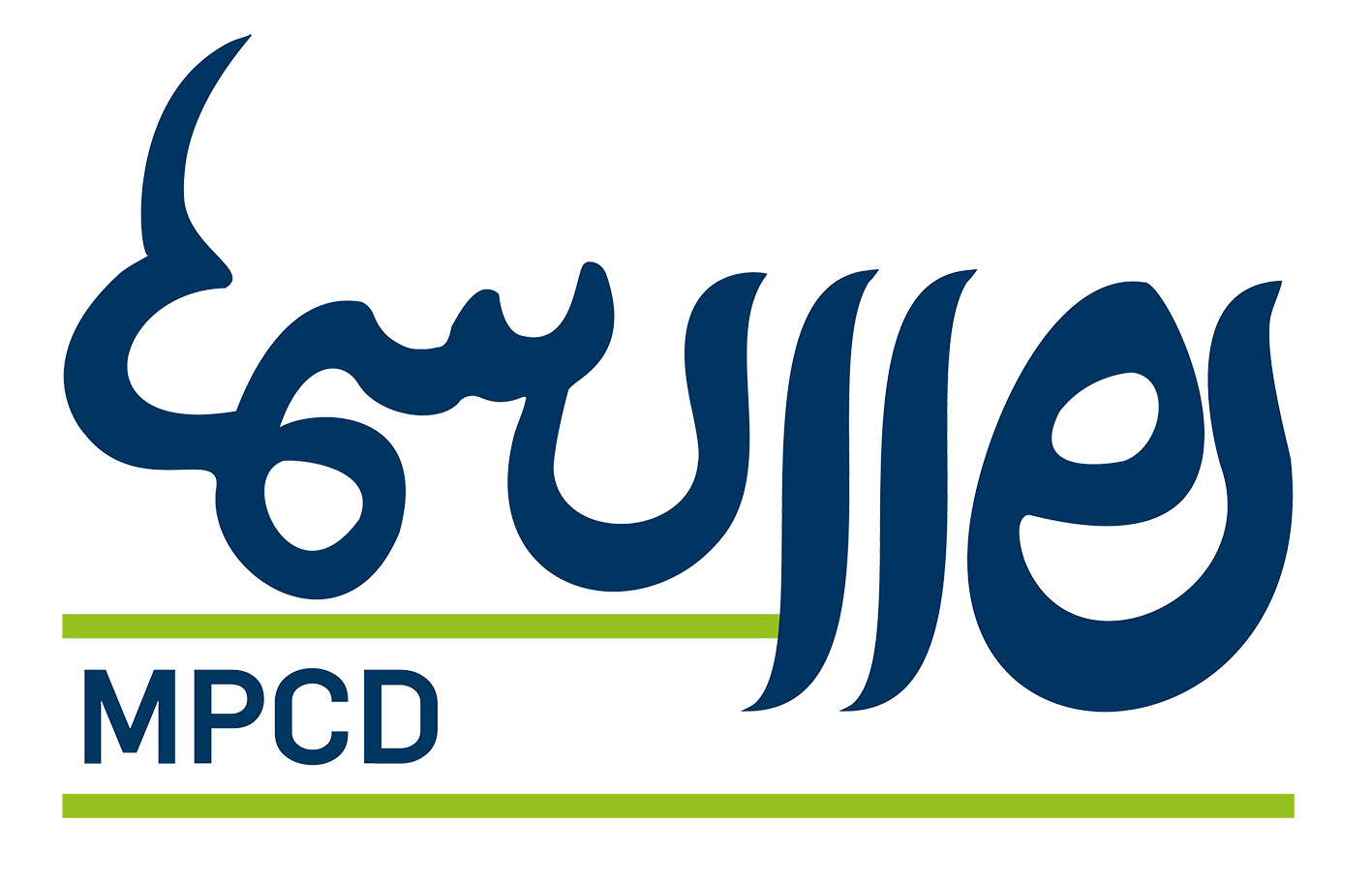
Keywords
Korpuslinguistik, Digitale Editionen, Daten
Mitarbeitende
Prof. Dr. Kianoosh Rezaniza
Prof. Dr. Alberto Cantere
Prof. Dr. Øyvind Eide, Dr. Claes Neuefeind, Dr. Iris Colditz, Dr. Thomas Jügel, Dr. Slavomír Čéplö, Dr. S. Fatemeh Musavi, Dr. Benedikt Peschl, Moritz Esser, Malte Rudius, William Uyttendaele, Reyhane Lamei, Nikta Yekrang Safakar, Francisco Mondaca, Luke Maximilian Günther, Anahita Shamsaei, Narges Eskandarnia, Allegra Goldstrass, Alonso Constenla Cervantes, Mateusz Kłagisz, Dr. Arash Zeini, Dr. Domenico Agostini
Beschreibung
Resulting from its status as the official language of the Sasanian Empire (3rd–7th centuries CE), the Middle Persian language played a prominent transcultural role during a period stretching from late antiquity to the early Islamic period. Besides serving as a medium of communication between the linguistically and culturally diverse areas of Western and Eastern Iran, it was employed as a literary language by several religious traditions.
The Middle Persian corpus consists of Zoroastrian, Manichaean, narrative, administrative and epigraphic sub-corpora, as well as a fragment of a Christian translation of the Psalter. The Zoroastrian Middle Persian corpus represents by far the largest among these and has so far only partially been examined. Our project therefore aims at the creation of a digital corpus of Zoroastrian Middle Persian texts in Pahlavi script (in short: Pahlavi texts) as well as at the development of a comprehensive dictionary covering that corpus.
The corpus consists of roughly 50 texts, containing some 705,000 tokens. As its point of departure, the project relies on the ca. 20 oldest Pahlavi codices (from the 13th–17th centuries CE). The texts contained in those codices are in the process of being supplied with several layers of annotation:
1. orthographical (transliteration) and phonographical (transcription)
2. grammatical (morpho-syntactic)
3. semantic (semasiological and onomasiological)
4. intertextual (linking Zand texts with their Avestan original)
Within the overall structure of the project, the corpus and dictionary function as closely interrelated analytical tools even though their focal points differ (syntax vs. semantics). Their technical integration also plays an essential role in the general workflow of the project. For this purpose, the project employs a web-based working environment that facilitates the collaborative work on the corpus and dictionary. The same environment will also provide a public user interface for enquiries into those resources that have already been processed at a given point in time.
The project intends to create a platform that may in the future also be used for the remaining Middle Persian sub-corpora, as well as for the corpora of other Middle Iranian languages. It is thus conducted with a view to the eventual creation of a complete dictionary of Middle Persian (incorporating all of its sub-corpora) as well as to an expansion of the corpus into the domains of other Middle Iranian languages.
The project is a cooperation between three universities: Ruhr-University Bochum, Freie Universität Berlin and University of Cologne It is funded by the Deutsche Forschungsgemeinschaft (DFG) and designed as a “Langfristvorhaben” (Long-Term Project, 2021–2030).
Kontakt
kianoosh.rezania@ruhr-uni-bochum.de
Website
Virtual Humanities Lab (VHL)
Laufzeit: seit 2020
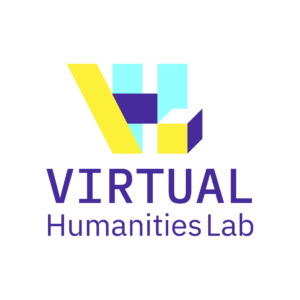
Keywords
Virtual Humanities, Medienarchäologie, Hands-on, Arduino
Mitarbeitende
Prof. Dr. Florian Sprenger, Jens Fehrenbacher, Thomas Nyckel, Isabel Schmiedel, Christoph Engemann
Beschreibung
Das Virtual Humanities Lab ist ein medien- und kulturwissenschaftliches Laboratorium und dient der Erforschung der Medien, Techniken und Phänomene der Virtualität durch Learning by Doing. Das VHL hat drei Schwerpunkte: Virtual Reality/Augmented Reality, Sensoren und Roboter, 3D-Druck.
Als intraaktive Forschungsumgebung steht es forschenden Gruppen- und Einzel-Projekten sowie innovativen Lehrformaten zur Verfügung. Es bietet Platz und Ausstattung für experimentell ausgerichtete Workshops und individuelle Forschung. Interessierte Studierende, Lehrende und Forscher:innen der Fakultät für Philologie und weiterer Geistes- und Sozialwissenschaften der RUB können das VHL nutzen, um sich in ihren Projekten, Seminaren und Workshops experimentell mit Techniken der Virtualität, Augmented Reality, Sensoren, Robotern und 3D-Druck auseinanderzusetzen. Alle Projekte werden im digitalen Labtortagebuch festgehalten.
Ausgestattet ist das VHL mit leistungsfähigen PCs und Tablets, unterschiedlichen Modellen von VR/AR-Brillen, einer Grundausstattung mit Arduino und weiteren Virtualisierungs-Technologien.
Das Virtual Humanities Lab ist an der Professur für Virtual Humanities (ifm) angesiedelt und wird von Florian Sprenger geleitet.
Kontakt
virtualhumanitieslab@ruhr-uni-bochum.de
